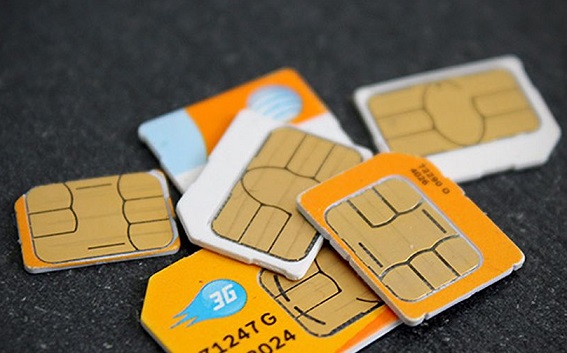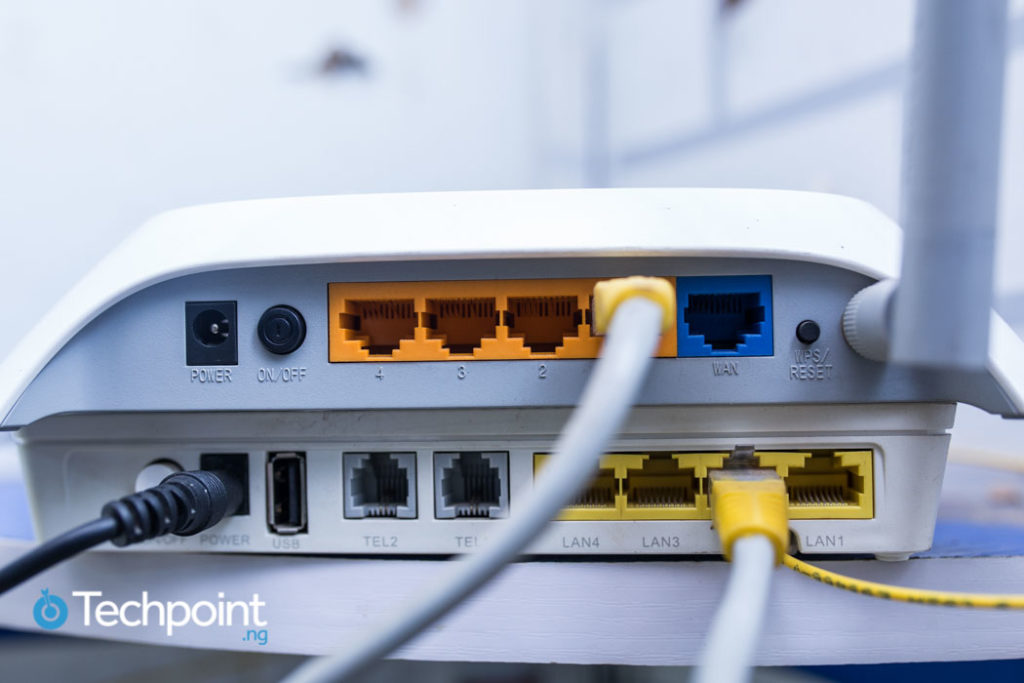Good day,
Today, I’m discussing:
- Nigerian government postponing NIN-SIM linkage deadline
- Eswatini’s Internet shutdown
- Zeepay’s Series A funding
- South Africa’s crypto regulation timeline.
NIN-SIM linkage deadline postponed

If you’ve not linked your SIM card to your National Identification Number (NIN), the Nigerian government is showing you kindness once again.
According to The Cable, the deadline for NIN-SIM linkage has been extended to July 26, 2021. The decision was made due to stakeholders’ requests.
Seven months and counting: The first deadline was December 30, 2020. With the new extension, an exercise that was to last two weeks would be seven months old.
Why? This time, the reason given is the rapid increase of enrollment systems across the country.
The joint statement by the Nigerian Communications Commission (NCC) and the National Identity Management Commission (NIMC) notes that in December 2020, there were 800 enrollment centres across the country; now, there are 5,410.
Sixth time’s the charm? I want to say this is the last time we’ll see an extension, but it seems the odds are not in Nigeria’s favour.
As contained in the statement, there are now 57.3 million unique NIN enrollments out of Nigeria’s total population, which according to World Population Review, is over 200 million.
Given the amount of time it took to enrol 57.3 million Nigerians, this might not be the last we hear of NIN-SIM linkage extensions
Thanks to some help: How private companies are changing the game for Nigeria’s NIN exercise
Nigeria’s struggle with digital identification is several years old. Read all about it here.
Eswatini’s Internet shutdown

What happened? Authorities in Eswatini have cut off citizens’ Internet access due to reportedly violent democratic reform protests.
Eswatini is the only African country ruled by a monarch. Pro-democracy protesters are kicking against King Mswati III’s 35-year rule and calling for constitutional reforms.
Aljazeera reports that the government deployed soldiers to enforce a curfew ordered by the authorities. However, eye-witness reports reveal that there have been violent clashes between protesters and law enforcement officers.
This is becoming a trend: The threat to citizens’ digital rights is something we frequently see in Africa.
Impact on the continent: In an age where economic and social activities are heavily dependent on digital connectivity, the cost of Internet shutdowns is too high a price for the continent
Research by Top10VPN shows that 23 Internet shutdowns in 14 countries globally cost $3 billion in 2021.
Zeepay raises $7.9M Series A

Ghanian fintech startup, Zeepay has just closed a $7.9 million Series A round.
The round was led by Impact Investment group, Investisseurs & Partenaires. Other investors include GOODsoil VC, JLD & MB Legal Consultancy, and Verdant Capital.
What’s the funding for? Per Technext, Paa Kwasi Yankey, Zeepay Chairman, says it will cover the startup’s expansion into other countries, including making strategic acquisitions before the end of the year.
Zeepay is currently present in 23 countries, according to its website. It offers a variety of financial services, including mobile money, remittance payments, and micro-insurance.
Fintech startup dominance continues? Fintech startups continue to be a recurring theme in startup funding across Africa. However, Egypt seems to be breaking the dominance with several massive non-fintech related financing recently.
Wondering how dominant fintechs are in Africa’s startup scene? Read this.
South Africa creates a timeline for crypto regulation.

In a bid to better oversee the activities of cryptocurrencies, South Africa is creating a crypto regulatory framework in three to six months.
Bloomberg has it that South Africa is looking to regulate cryptocurrencies as a financial product.
What does this mean? Essentially, the country would oversee crypto activities like any other financial activity.
But how? With know-your-customer (KYC)! The first move regulators will be making is implementing a KYC protocol across crypto exchanges. This way, the anonymity associated with conducting crypto transactions is eliminated.
There’s still an issue of non-custodial wallets and decentralised exchanges (DEX)
While KYC seems like a great idea, there are still ways of conducting crypto transactions and trades without a centralised exchange that monitors activities.
Consequently, illegal activities can continue on those platforms. Do you think this is something regulators should look into? Let us know in the comment section.
South Africa’s speedy regulation timeline is perhaps due to the alleged Ponzi scheme that led to the disappearance of $3.6 billion worth of Bitcoins reported by Bloomberg on June 23, 2021.
In case you missed it
- Nigerian health tech startup, MDaaS Global, raises a $2.3m seed extension, launches e-diagnostic feature. Read
- Technology has supposedly made 81% of Nigerian SMEs optimistic about the next 12 months. Read
What else I’m reading
- iOS 15 beta review (hands on): A big update with big changes. Read
- Ethereum’s institutional outflows hit record US$50M, CoinShares data says. Read
- I was an early PayPal employee who joined the company even before Elon Musk. I missed out on becoming a millionaire because I sold my stock too soon after I left. Read
Have a lovely new month.





